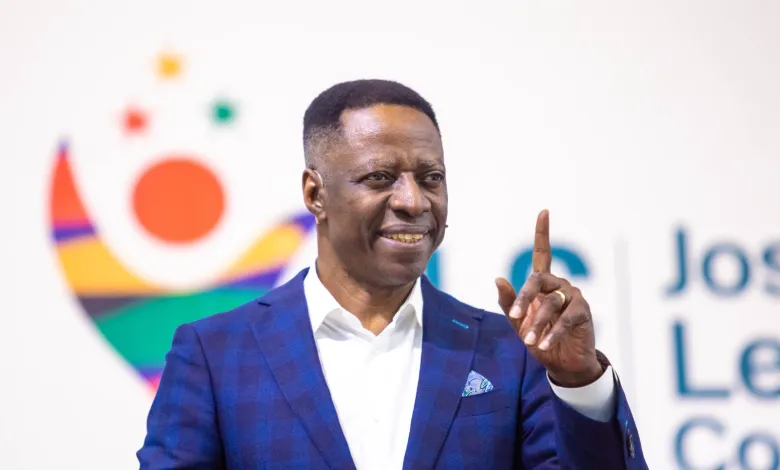If Nigeria’s biggest problem isn’t leadership but followership, then Dr. Sam Adeyemi believes the nation has been looking in the wrong direction for too long. While many citizens lament corrupt politicians and failed policies, the leadership coach and founder of Daystar Christian Centre insists that true transformation will never come from government offices alone; it must begin with the people themselves.
“When you call yourself a leader and no one is following, you’re only taking a walk,” Adeyemi said in a recent appearance on Sunrise Weekend on Channels Television. “Leadership is not about position; it’s about influence. Both the leader and the follower are responsible for nation-building.”
His words cut through the usual rhetoric surrounding national reform, offering a direct challenge to Nigeria’s culture of blame and dependency. Adeyemi’s tone was neither bitter nor idealistic, but deeply introspective. To him, the question isn’t just why Nigeria isn’t working, but why Nigerians have refused to take ownership of the work.
“The most powerful form of government is self-government,” he declared. “You can’t outsource your discipline, your integrity, or your destiny to anyone. Government can build roads, but it cannot build your values.”
Adeyemi described self-governance as the missing foundation of Nigeria’s progress, a mindset where citizens understand that leadership begins with personal responsibility. He believes that every act of integrity, service, and creativity at the individual level builds the collective fabric of a great nation.
Drawing from history, he reminded viewers that Nigeria’s earliest development wasn’t driven by the state but by visionaries within the church and community. “The first primary school in Nigeria was founded by the Methodist Church in 1843, and the first secondary school by the Anglican Church in 1852,” he explained. “It was these institutions that produced the educated elite who fought for independence.”
But over time, Adeyemi observed, Nigeria’s moral and civic compass shifted. “We’ve created a culture that worships power, even when it abuses us,” he said. “The average Nigerian respects the oppressor. We fear authority more than we love accountability.”
He believes this cultural weakness explains why leadership failures persist, not because leaders are inherently bad, but because followers refuse to demand better. “Until the people stop enabling corruption with silence, until we stop glorifying those who steal, there will be no real change,” he warned.
Through his church and initiatives, Adeyemi has sought to model an alternative form of leadership based on empowerment, not control. “It’s not because I am special that they are here,” he said of his congregation. “It’s because they are special that I am here. That’s the essence of servant leadership.”
Under his direction, Daystar Christian Centre established the Daystar Skill Acquisition Programme, offering free training in fashion design, website development, and digital media. Its Leadership Academy has trained over 55,000 Nigerians in management, entrepreneurship, and influence. “When I saw poverty was holding people hostage, I stopped focusing only on giving,” he said. “I began teaching how to create wealth, and many of those we trained are now employers of labour.”
Adeyemi’s message to Nigeria’s elite was equally piercing. “We cannot keep measuring success by what we acquire,” he said. “Success must now be defined by what we contribute. It’s time to think legacy, not luxury.”
As the world races ahead in artificial intelligence and innovation, Adeyemi warned that Africa risks being left behind again if it doesn’t confront its leadership crisis. “If we don’t change our systems and mindset now, we’ll face another 200 years of underdevelopment,” he said.
He ended with a sober call for collective awakening: “Our greatest revolution will not come from protests or politics. It will come when every Nigerian governs himself with honesty, with courage, and with purpose. Only then will Nigeria truly rise.”
In a nation used to blaming government, Sam Adeyemi’s message strikes differently, unsettling, direct, and deeply empowering. He doesn’t just call for better leaders; he calls for better Nigerians.










